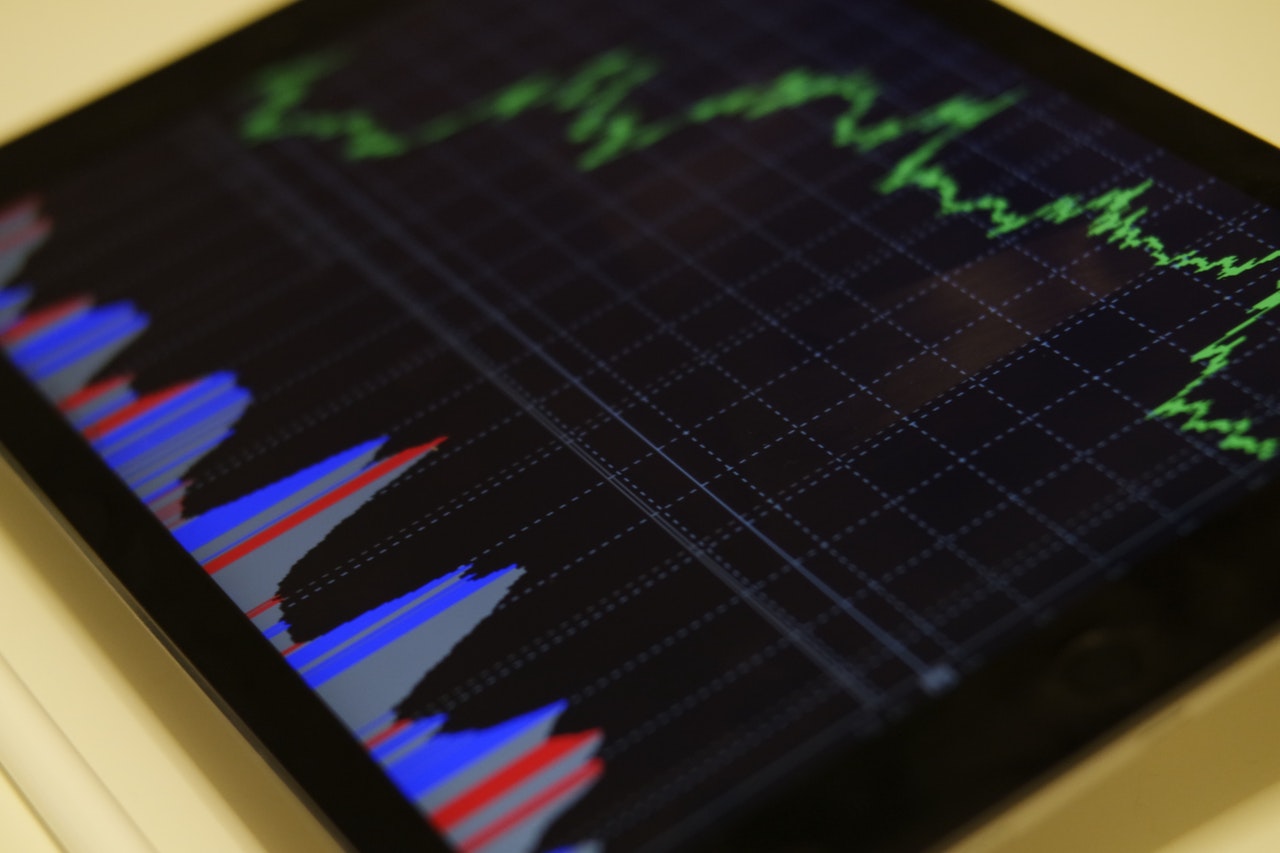Last Updated on: 22nd November 2023, 03:21 am
A contract for difference is one of the forex trading instruments which is a derivative. It is a trading arrangement where the difference between opening and closing balances is monetarily settled. It is a trading mechanism that is mostly utilized by well-established traders who are familiar with the versatile nature of the forex market.
Traders majorly use it as a short-term method of making profit through forecasting asset prices in the near future. As such, effective technical analysis as well as other market prediction tools are imperative for those who choose CFD’s as their preferred mode of trading.
Just like most derivatives, CFD’s highly rely on the value of the underlying market asset which is also known as notional value to make profit. This is because traders in CFD’s are not required to purchase any assets in order for them to begin trading. They simply need to understand the direction of the market well enough to bet on price changes in the short-term.
CFD Trading Methodology
CFD trading is essentially a matter of confidence. While CFD traders bet on either an ascending or descending price trajectory, it is those who trust the accuracy of their predictions that choose to purchase the CFD in question.
Assets are then offered for sale if there is a subsequent rise in their price that aligns with the CFD. The difference between the buying and selling price is then paid in cash through the brokerage account owned by the investor.
In the event where a trader believes that there will be an asset price reduction, a short opening sell position is placed in a majority of cases. An offsetting trade is then bought in order to close the position. The difference between the opening and closing trading positions is also cash settled through the investor’s account.
CFD’s are exclusively traded over the counter and are thus not available on major forex and stock exchanges. For the best CFD trading experience, kindly visit equiti.com.
Benefits of CFD Trading
The following are the major benefits of engaging in CFD trading:
Less Capital Requirement in Opening a Position
Most financial instruments usually demand an investment of the entire value of the asset in question in order to open a trading position. However, with CFD trading one can open a position by investing only 5 percent of the value of the security being traded. This means that CFD trading enables traders to engage in a variety of dealings by not dying down their entire capital to a single investment.
Flexible Profitability
For most assets and markets, gains can only be made as prices increase. In the stock market for example, the slightest market fluctuation could be extremely detrimental to the holders of such stocks.
CFD trading is different since it gives traders the potential to make profits whether there is an upward or downward price movement. This is because it is a trade that is based more on forecasting market prices than in is on buying and selling of actual assets.
Potential for Longevity
Although CFD trading is mostly done with a view of earning short-term profits, it can also be done for the long haul. This means that CFD’s have no trading expiration dates unlike other instruments. A trader may therefore choose to evaluate market trends while waiting for the most suitable time to make a sale.
Limited Bureaucracy
When compared to other exchanges, CFD’s have fewer terms and conditions when it comes to either opening or closing a position. Most if not all significant global markets are accessible as far as CFD trading is concerned. This is because there are fewer regulations and financial obligations that need to be met before engaging in CFD trading.
Demerits of CFD Trading
The following are some of the disadvantages of CFD Trading:
Susceptibility to Fraud
CFD trading relies on the reputational authenticity of brokers as opposed to laid down principles and policies. This means that traders may fall into the hands of dishonest brokers thereby causing them untold losses.
Leverage Controlled Trading
When the worth of an investor’s account declines so that it does not line up with the broker’s specifications, a margin call happens. This means that more funds need to be put in in order to cancel out the prevailing negative position. This is a double-edged sword of sorts since it can exponentially increase profits yet still cause devastating losses.
Conclusion
CFD Trading is a brilliant way to start out in the online commercial space. Its limited capital investment and regulations make it a great area for first-time traders who are looking to learn and grow to plug into the forex market.









